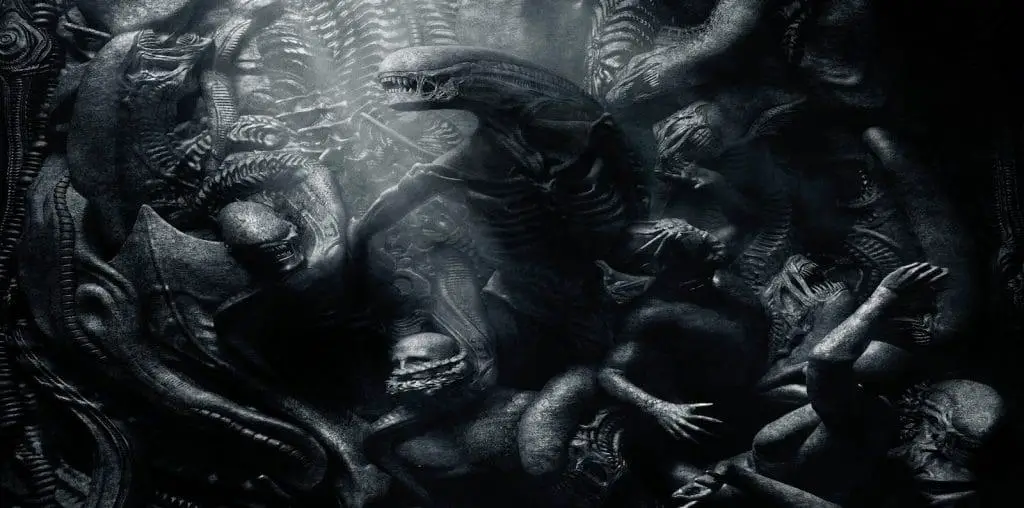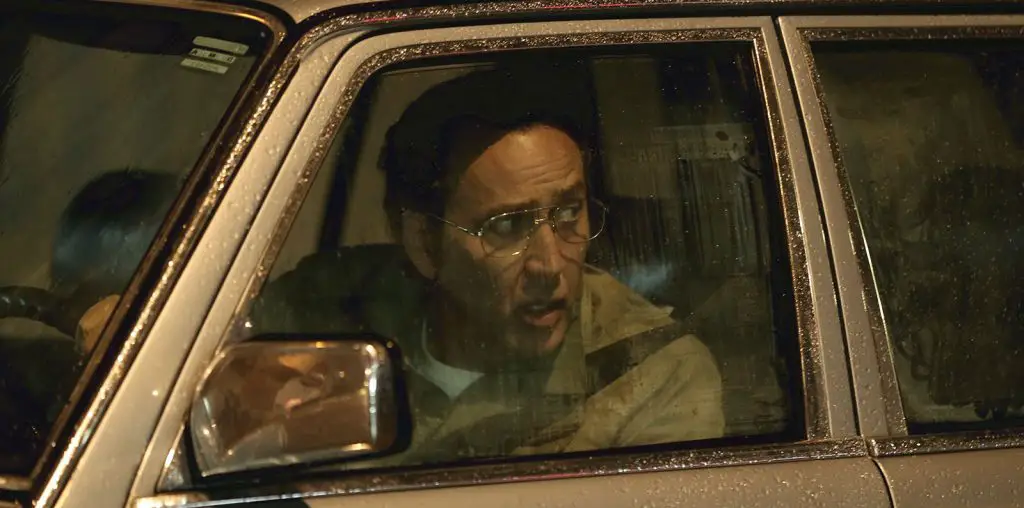
In Christopher Lockett’s engrossing documentary Until They’re Gone the impact of the Vietnam War on Cambodia is surfaced and revisited in the horrific details of leftover bombs and landmines. The U.S. used intense bombing and landmines to shut down the Ho Chi Minh trail, which ran through Laos and Cambodia, and which the North Vietnamese army used to move troops and supplies into the South. During the war, we deployed over 500,000 tons of bombs and landmines into Cambodia (a country that was not involved in the war) to close the supply route and discourage its use. Not all the weapons exploded as intended.
Modern explosive ordnance is considered very reliable when around 80% of them work. Subsequently, we walked away from the war with approximately 100,000 tons of unexploded bombs and landmines lying on/under the ground in Cambodia. In the 40 years since then it’s become commonplace in Cambodia for people to step on the mines or find a bomb that explodes when it’s moved. Landmines are designed less to kill than to inflict horrific injury, typically with loss of lower limbs, but can result in loss of all extremities from shrapnel. Regarded as the most inhumane weapon ever devised, they are outlawed by most countries (The U.S., however, is not among the signatories of the 1997 Oslo treaty banning them).
Unexploded ordnance (UXO) is such a common side-effect of war that an entire discipline has grown up around it with precision training for professional removal experts. Explosive Ordnance Disposal (EOD) is the team the clears the bombs. U.S. defense spending provides very little funding (often none) for war clean-up, even in parts of the world where we are engaged in nation building. The clean-up is left to local governments or even NGO’s to perform, usually funded only by charitable contributions.
In Cambodia, the face of landmine removal is former child-soldier Aki Ra, who wished to make recompense for what he was forced to do during the war by helping clean up the unexploded landmines and bombs. He’s become the most celebrated mine remover in Cambodia, working with the Cambodian Self Help Demining project, and he’s turned his collection of landmines and bombs into the Cambodian Landmine Museum. He charges admission and takes donations at the museum to fund the work.

“…the face of landmine removal is former child-soldier Aki Ra, who wished to make recompense for what he was forced to do during the war…”
He also began helping child victims of the mine explosions by opening a school for them, and by housing them when they are homeless. Over time one school and home became many and the effort has become widespread throughout the country.
His work came to the attention of Bill and Jill Morse of Landmine Relief Fund, LMRF. The Morses grew so passionate about this cause that they left behind a comfortable retirement in California, relocated permanently to Siem Reap, Cambodia and now focus full time on raising funds to keep Aki Ra and his team of mine removal workers in the field.
Lockett’s documentary presents the information through the tale of Bill Morse and Aki Ra, without becoming an infomercial. It’s as much about why wealthy white Americans would leave their lives and families to dedicate the rest of their days to cleaning up a foreign country as it is the effort to do so.
Let’s be honest, the film could have been absolute crap and still would hold your attention with the compelling facts of the situation. Landmines in Cambodia is obviously not a new problem, but in our daily deluge of information becomes just one of many environmental horrors, something that may have fallen off the radar as new nightmares clamor for attention. The film, however, is not crap, it’s very well made, beautifully photographed, paced, and hits all the right notes without being preachy or manipulative.
Recently there’s been the criticism of Americans taking feel-good “voluntourism” trips abroad to help build a school or a well, etc. for a couple weeks. It turns out that the overhead of bringing people in and the psychological damage of connecting with local people for a short time then leaving is costing more than the value of the work done. The trips are still encouraged because the westerners then continue to send money to the place they visited. It would be more helpful to just send the money. When correctly applied it still does help, and donations to the Landmine Museum will keep the deminers working to clean up the mess. Removal of every last piece of UXO may not be a practical goal: at the current pace it would take hundreds of years, but as time goes by and more is learned about the weapons locations and types, sophisticated approaches are being developed to prioritize the most dangerous areas.

“Removal of every last piece of UXO may not be a practical goal…”
An interesting and unfortunate note from recent news: In early September 2018, there was an explosion at the Landmine Museum and in the subsequent investigation Aki Ra and two other directors of the museum were arrested for illegal weapons possession. Aki Ra has been a bit of an embarrassment to the Siem Reap government, seen as doing a job they should be handling (but can’t afford to) and he’s openly criticized the government, so it’s not surprising that they would jump at an opportunity to discredit him. Update: as of Sep 25th, they were released.
From the museum school website: “We are very pleased to announce that Aki Ra, Yon, and Thea were all released from detention last Thursday, September 20th at about 7:00 pm. We are extremely grateful to everyone, both in and out of the government, who worked so diligently and selflessly to make this happen. The museum remains closed but we are working with the appropriate authorities to be able to re-open it and bring the children back home to the Residential Center. We will post more updates as they become available to us. Thank you everyone for your support, the emails, and most of all the donations to see this situation through to a successful conclusion. We are very grateful.”
Until They’re Gone (2018). Directed by Christopher Lockett. Starring David Chandler, Steve Goose, Bill Morse, Aki Ra.
8 out of 10


